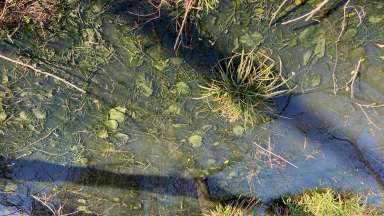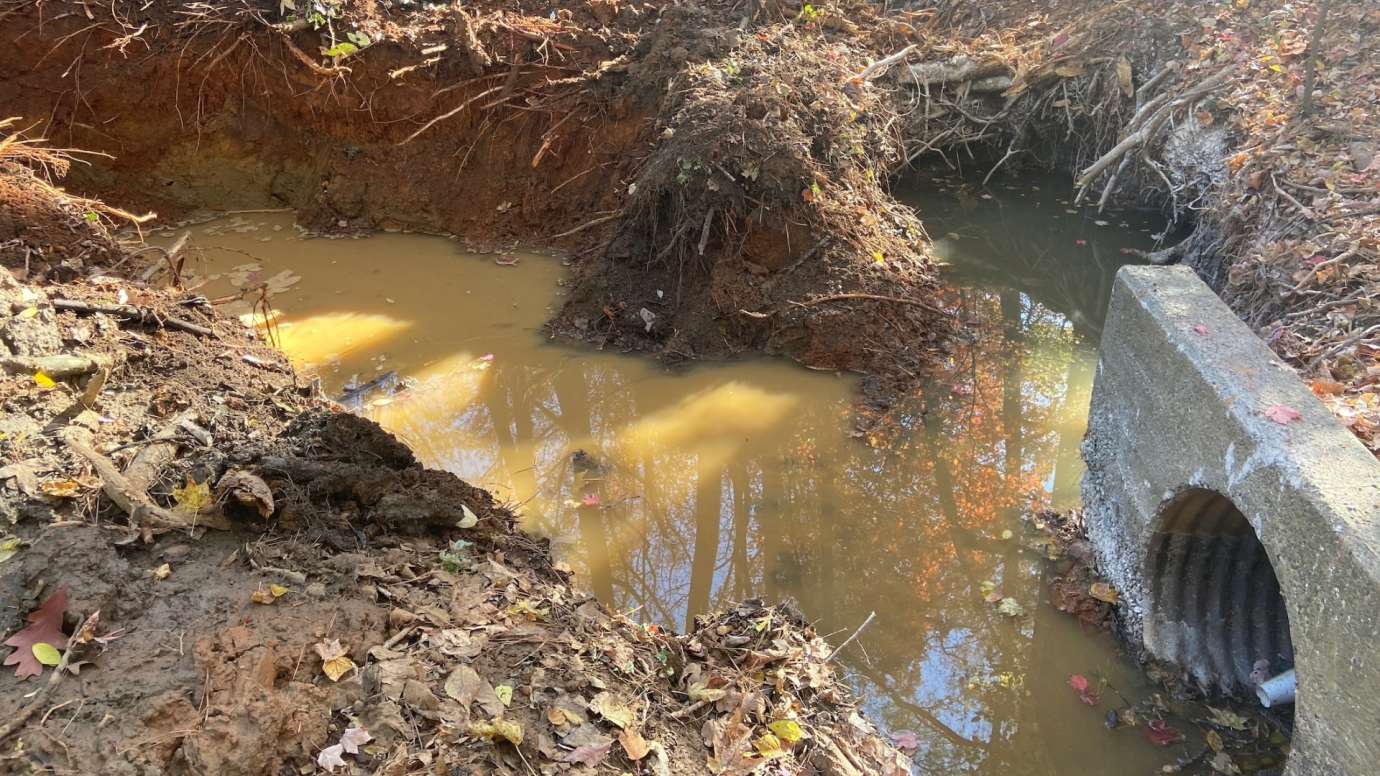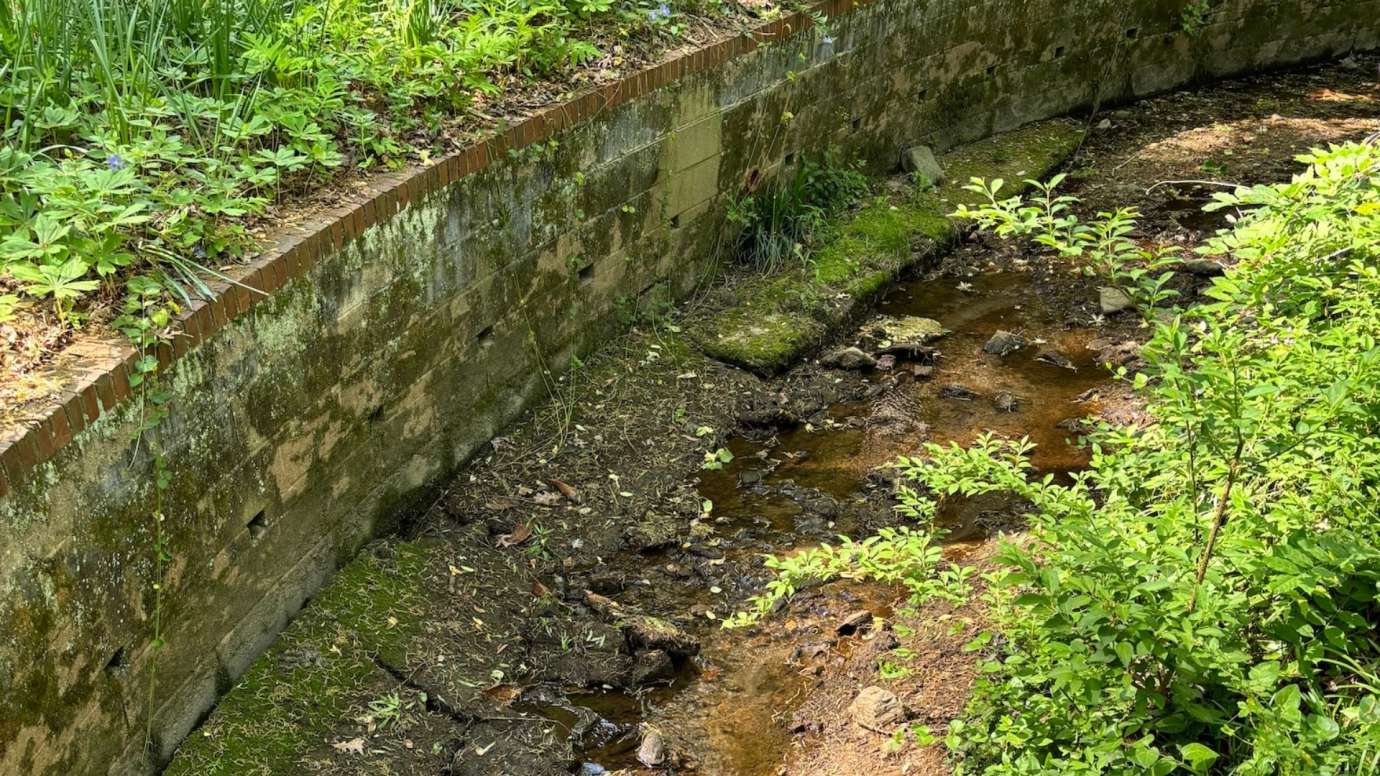Jump To:
What is a TMDL?
Total Maximum Daily Load (TMDL) is the maximum amount of a pollutant allowed to enter a waterbody so that the it will continue to meet water quality standards. The following pollutants are identified as TMDL pollutants.
Copper
Copper is a common building material used in electrical, plumbing, vehicle and roofing materials, and can be found in light fixtures, siding, gutters, vehicles and equipment, and HVAC components.
Preventing Copper Pollution
- Use copper-free materials for construction or equipment.
- Install green stormwater infrastructure to capture and remove pollutants from stormwater runoff.
- Dispose or recycle metal waste through the city’s solid waste services and the Wake County convenience centers.
- Store or cover equipment and vehicles to reduce exposure to rainfall.
- Inspect sites for potential spills, leaks, or discharges.
- Provide ground cover on all bare areas and secure all perimeter slopes throughout construction.
- Remove or cover building materials or equipment that may contain copper and are exposed to rainfall.
Fecal Coliform Bacteria
Fecal coliform bacteria can exist naturally in the environment from animals and pests, or unnaturally from activities and areas commonly found around trash, waste, sewer and septic systems. These sources can include mice, bats, nesting birds, areas of standing/stagnant water, sewer lines, septic tanks, trash bins, food waste, and portable toilets.
Preventing Fecal Coliform Pollution
- Properly dispose of pet waste, food waste, and trash to prevent bacteria from entering streams.
- Regularly maintain private sewer lines and septic systems. Report a sewer overflow or backup.
- Ensure portable toilets are not located in the street or near a stormwater conveyance.
- Cover trash and waste bins and remove trash regularly from your property or at a construction site.

Bacteria Pollution
Biological Integrity
- Erosion and sedimentation from construction sites can cause damming, modify and alter stream channels, reduce natural habitat, and change the streams hydrology.
- Other contaminants can bind to sediment and be transported directly into our streams and waterbodies.
- Pollutants like chemicals, adhesives, oil and grease, pesticides, herbicides, and paint increase toxic effects within the waterbody and can directly impact animals and the environment.
- Construction products and materials, like concrete slurry, roofing material, treated lumber, and electrical equipment, can contain heavy metals, chemicals, silica, or other chemicals that may alter water chemistry or directly impact biological integrity.
Improving Biological Integrity in Streams
- Follow all permitting requirements during construction and development, including your sediment and erosion control plan.
- Participate in water quality initiatives like the Rainwater Rewards Program to treat runoff from impervious surfaces, or remove them altogether.
- Plant trees and vegetative cover to encourage plant uptake and provide filtering buffers to streams.
- Increase awareness and help reduce stormwater pollution by engaging in educational and stormwater volunteer programs.
Spot, Report, and Stop Water Pollution
If you see pollution or someone illegally dumping or discharging into the stormwater system anywhere in the City, call the Stormwater Helpline at 919-996-3940 or email IllegalDischarge@raleighnc.gov.

